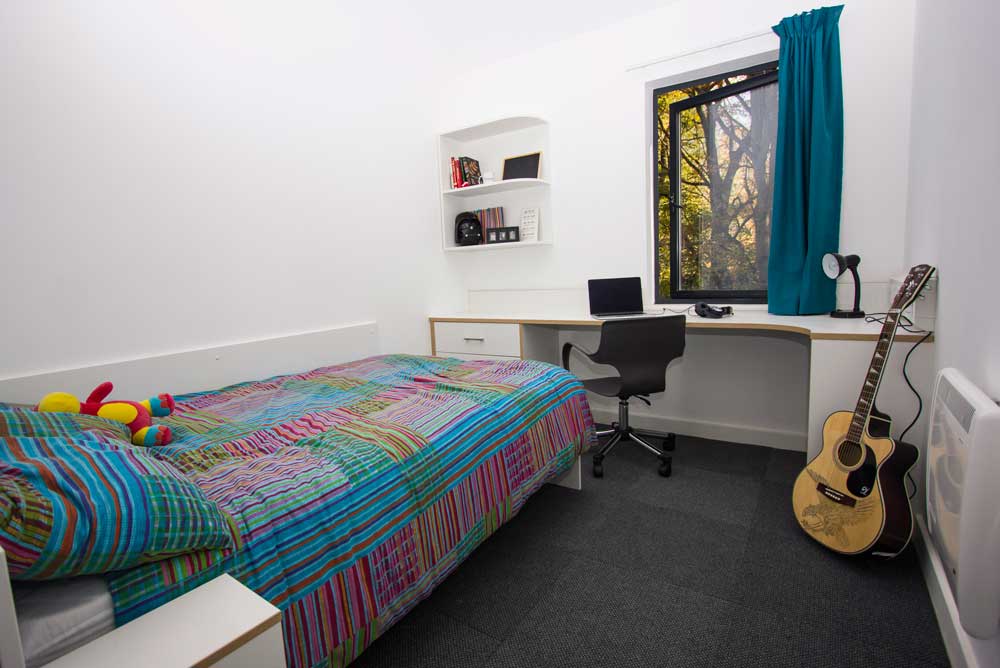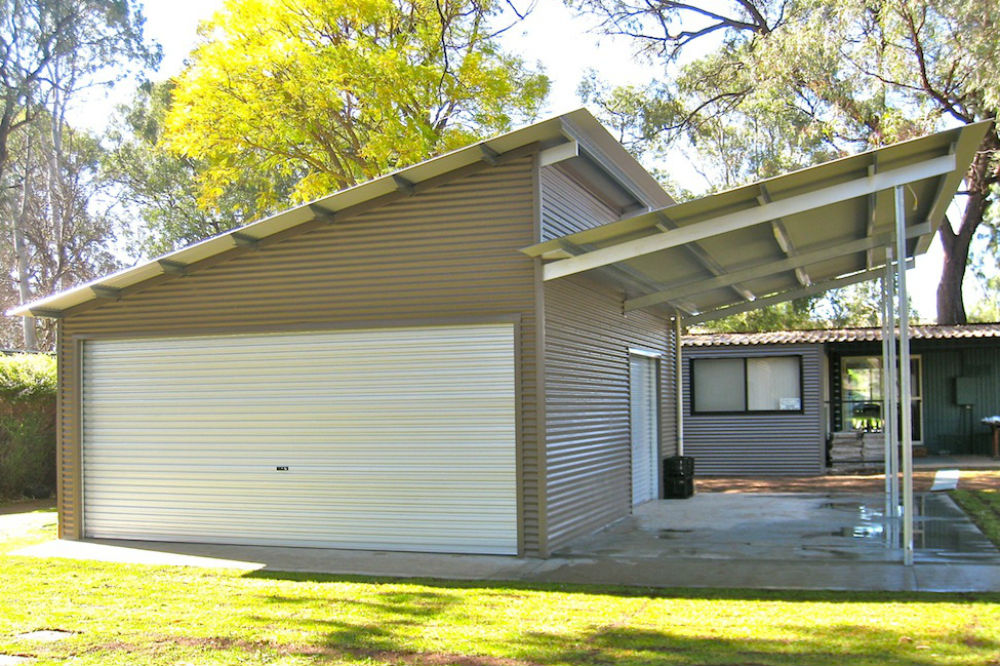
Seeking the appropriate student housing in Newcastle can be a process that’s both thrillingly exciting and downright terrifying in equal measures. Even in the instances of those who simply cannot wait to move away from home, actually going through the process itself stirs up more than a few nerves. Still, in most instances it tends to lead to the most incredible few years in a person’s life – assuming of course they make the right decision when it comes to where they stay.
These days, online student accommodation agencies shoulder much of the responsibility on behalf of those in search of the perfect housing. From the best possible property listings to extensive landlord checks to fair contracts to affordable deposits and so on, there are simply so many benefits of working with an online agency. And of course, the fact that almost every reputable agency on the web offers all such services for free is perhaps the mother of all bonuses!
Nevertheless, there are certain things students must proactively seek to gain a better understanding of before moving out on their own, in order to avoid problems and complications further down the line. One of the most prevalent examples of this lies in the sharing of responsibilities between the tenants themselves and the landlord. In fact, research has shown that the vast majority of students are to a large extent entirely unsure as to what kinds of responsibilities fall on their own shoulders, as opposed to being the duty of the landlord.
Landlord’s Responsibilities
In all instances, the contract provided prior to moving in must by law make it entirely clear as to what kinds of responsibilities fall to the landlord. The simple fact of the matter is that if it isn’t included in the contract, it’s a null and void subject. This is precisely why it’s not only important to read contracts in full, but to ensure that every word of the contract is understood in full and isn’t complicated by unnecessary small-print.
More often than not, the primary responsibilities of the landlord will include the following:
- Ensuring that the area and exterior structure of the building as a whole are kept in safe and usable condition.
- Maintenance of drainage systems including external pipes, gutters, drains and so on.
- External landscaping duties and general maintenance, unless specified otherwise in the contract.
- Provision of appropriate heating and utilities in a manner that is reliable and safe.
- Ensuring that the property is protected from external elements like wind and rain, with at least a remedial amount of insulation.
- Implementation of essential maintenance and repairs upon request by the tenants with due priority.
Tenants’ Responsibilities
Contrary to popular belief, the list of responsibilities that fall on the door of the tenants tends to be just as long, if not slightly longer than that of the landlord. Admittedly, the responsibilities of tenants don’t tend to be as intensive as those of the property owner, though playing a role in the property’s general upkeep is something all tenants must take seriously.
Standard responsibilities include:
- Ensuring all necessary repairs are reported to the landlord immediately, ideally backed up in writing.
- Keeping the property sufficiently clean and tidy while avoiding any activities or actions that could cause damage.
- Safe and appropriate use of all amenities and conveniences provided within the property.
- Prompt payment of all utility bills and monthly rent.
- Upkeep of exterior living spaces if specified in the contract.
- Sufficient protection of the property during absence.
- General day-to-day safety and security.
Generally speaking, the responsibilities of the tenant come down to little more than common sense and proactivity. It is after all relatively obvious that when living in a property that belongs to someone else, keeping the place clean and avoiding anything that may cause damage is fundamentally important to say the least.
But what often goes overlooked by a tenant is the way in which it is the responsibility of those occupying the house to bring to the attention of the landlord any problems or potential problems that need to be addressed. In the instance of a minor problem which is overlooked and ignored for sufficient time that it summarily develops into a quite severe problem, the fact that it was not reported when it should have been effectively renders it partially the responsibility of the tenant.
Along with fully understanding and acknowledging the terms within the contract, the key to successful and smooth cooperation between tenants and landlords is simple communication. Try to take on board everything you’re told and if there’s anything you’re not sure of, ask.




